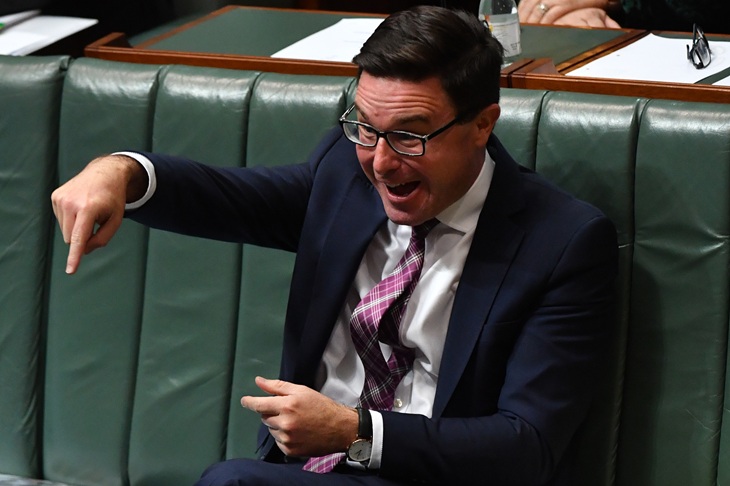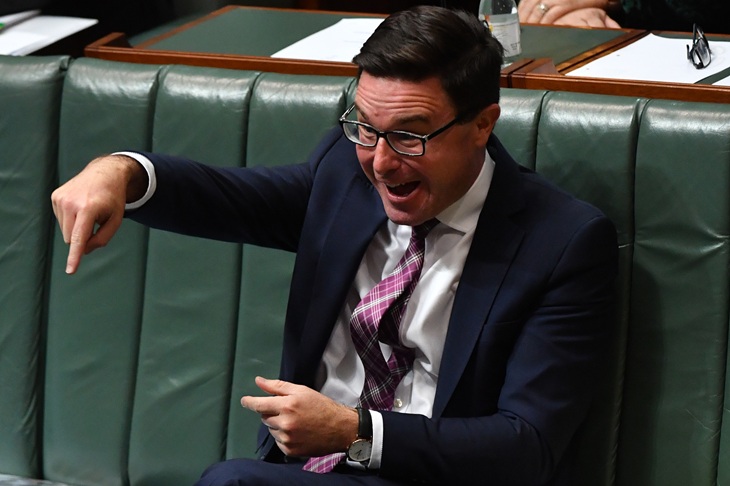
UPDATE: In a major shift, the Australian government has lifted biosecurity restrictions on US beef imports, following pressure from former President Donald Trump. This decision, confirmed by Minister for Agriculture, Fisheries and Forestry Julie Collins, comes amidst rising tensions between Australia and the US over trade, with tariffs on Australian imports looming.
The announcement was made earlier today, as Collins emphasized the government’s commitment to biosecurity, stating, “The Albanese Labor government will never compromise on biosecurity.” She noted that the US Beef Imports Review underwent a rigorous assessment over the past decade, ensuring that new control measures effectively manage biosecurity risks. This move is particularly significant given Trump’s threats of up to 200% tariffs on Australian goods, including pharmaceuticals.
As the beef import ban is lifted, the Australian government faces scrutiny over its handling of transparency. Analysis from the Centre for Public Integrity reveals a sharp decline in freedom-of-information requests being honored, plummeting from 50% in 2021-22 to just 25% under the current administration. Independent Senator David Pocock criticized the government’s secrecy, highlighting a troubling trend in public access to vital information.
In a related development, former Prime Minister Scott Morrison has raised alarms about Australia’s awareness of the security threat posed by China. Speaking before the US Congress, he warned that Australians are at risk of “going to sleep” on this issue. Morrison cited a Lowy Institute poll indicating that perceptions have shifted dramatically; by 2025, only 50% of Australians may view China as a security threat, compared to 63% in 2021-22.
Morrison urged Western democracies to brace for economic repercussions in standing up to Beijing, reinforcing the importance of vigilance in the face of growing geopolitical tensions.
In another noteworthy ruling, the International Court of Justice has declared that nations impacted by climate change can legally pursue reparations from their neighbors who fail to meet emission reduction obligations. This landmark advisory decision may open the door for significant compensation claims, particularly from vulnerable nations like Vanuatu.
As for the Australian economy, the share market is poised for a continued rise, buoyed by positive developments from Wall Street, particularly a US-Japan trade deal aimed at reducing tariffs on Japanese imports.
Stay tuned for more updates as these stories develop.






